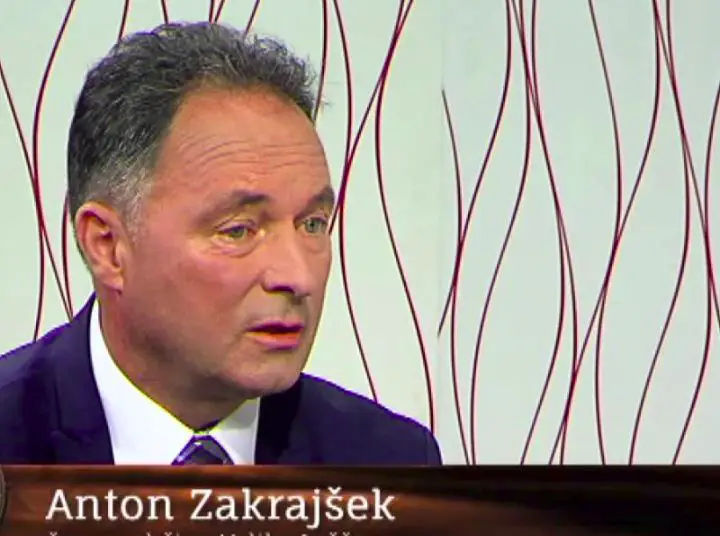The countries are ranked by scoring from 0 to 100 points, with 0 meaning the country is perceived as highly corrupt and 100 that it is "very clean".
Commenting on Slovenia's placement, Transparency International (TI) Slovenia and the Commission for the Prevention of Corruption (KPK) highlighted the lack of will for systemic change which would result in a breakthrough in Slovenia.
Both pointed to the slow pace of adopting changes to the law on integrity and the prevention of corruption, with TI noting that after a lengthy government procedure, parliament was dissolved before it discussed them.
"We are waiting for these changes for a long time. Far too long," TI Slovenia boss Alma Sedlar was quoted as saying in a release, urging for systemic measures to effectively prevent corruption as soon as possible, including the changes to the umbrella integrity law.
Her view was fully echoed by the KPK, which however believes the shortcomings could only be eliminated by drafting a brand new law to regulate corruption prevention in a more efficient manner and give it more powers to take adequate action.
The Justice Ministry, meanwhile, responded by saying it would send the changes to the integrity law into government procedure in the first half of the year.
But it noted it was impossible to assess whether the lengthy process of adopting these changes directly affected Slovenia's CPI rankings.
It believes Slovenia has achieved "an expected result", having regularly placed around the 35th spot and having scored 57-61 points.
The ministry also highlighted the fact that the index measured whether the public sector was "perceived" as corrupted, not whether it was actually corrupt.
This reflects the level of trust in institutions promoting the rule of law in fighting corruption (KPK, prosecution or courts), it said.
The ministry also noted it had drafted changes to the criminal procedure law, the purpose of which was also to give law enforcement tools to prosecute corruption.
TI Slovenia boss Sedlar also noted that lobbying, the revolving-door phenomena and the protection of whistleblowers were still waiting to be systemically addressed.
There is also no progress in promoting integrity of top office holders, as parliament has not yet adopted a code of ethics for MPs, said Sedlar, a view also supported by the KPK.
Given that GRECO has urged the code's adoption, Sedlar believes failure to meet international recommendations puts all public institutions in a bad light.
Non-transparent and negligent use of public funds also affects the perception of corruption, TI Slovenia noted.
It also said that a comparison of the CPI and other indicators showed countries where press freedom was not guaranteed ranked lower.
There is also a link between the CPI and how much space civil society groups have to carry out their activity.
In its response to Slovenia's slipping two spots, the KPK said this exposed decision-makers' failure to act when institutions in charge discovered corruption.
"Thus not even flagrant cases such as the TEŠ 6 coal-fired power station have been addressed by the government and parliament in a manner that would reflect their zero tolerance to corruption," the KPK added.
Out of Slovenia's neighbours, only Austria placed higher on the CPI rankings, at 17th spot, while Italy placed 57th, Croatia 63rd and Hungary 64th.
Among the least corrupt countries in the world in 2018 were Denmark, which scored 88.1 points, New Zealand with 87.2 and Finland with 85.3.
The countries at the bottom are those where a war is raging or has ended, with Somalia placing 180th with 10 points.






